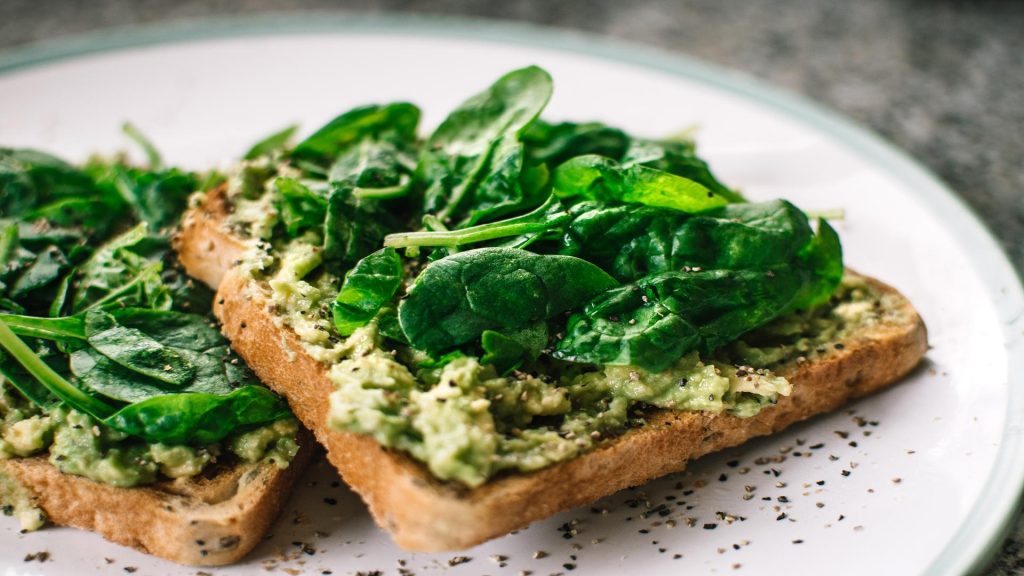
Anti-Anxiety Diet: Nourishing Your Mind and Body
Introduction
Anxiety is a common mental health condition that can have a significant impact on the quality of life. While medications and therapy play a crucial role in managing anxiety, research has shown the potential benefits of incorporating an anti-anxiety diet. By nourishing your body with specific nutrients and making mindful food choices, you can complement traditional approaches to anxiety management. In this article, we will explore the concept of an anti-anxiety diet and provide practical tips on how to incorporate it into your daily life.
Understanding Anxiety and Its Relationship with Diet
What is Anxiety?
Anxiety is a complex condition characterized by persistent feelings of unease, excessive worry, and fear. It can manifest in various forms, such as generalized anxiety disorder, panic disorder, or social anxiety disorder. While genetics and environmental factors can contribute to anxiety, researchers have discovered a potential link between diet and mental health.
The Gut-Brain Connection
Emerging evidence suggests that our gut health has a profound impact on our mental well-being. The gut-brain axis, a bidirectional communication pathway between the gut and the brain, plays a crucial role in regulating emotions and cognitive functions. Disruptions in the gut microbiota, the collection of microorganisms in our digestive system, have been associated with mental health disorders, including anxiety.
How Does Diet Impact Anxiety?
Diet can influence the composition of the gut microbiota, supporting or harming its balance. Certain dietary patterns, such as a high-sugar or processed food diet, can negatively affect gut health and contribute to inflammation and oxidative stress, factors that can worsen anxiety symptoms. Conversely, adopting an anti-anxiety diet can provide essential nutrients that promote mental well-being and reduce anxiety.
Key Nutrients for an Anti-Anxiety Diet
Omega-3 Fatty Acids: Nourishing the Brain
Omega-3 fatty acids, found in fatty fish, walnuts, and flaxseeds, are essential for proper brain function. Studies have shown that omega-3s can alleviate anxiety symptoms by reducing inflammation and supporting neurotransmitter production, such as serotonin, which regulates mood and anxiety levels.
Complex Carbohydrates: Steady Energy and Serotonin Boost
Including complex carbohydrates in your diet, such as whole grains, legumes, and vegetables, can provide a steady release of energy and help boost serotonin levels. Serotonin is often referred to as the "feel-good" neurotransmitter and plays a crucial role in maintaining stable moods.
Probiotics: Cultivating a Healthy Gut
Probiotics are beneficial bacteria that can support a healthy gut microbiota. Including fermented foods like yogurt, sauerkraut, and kimchi in your diet can introduce these helpful bacteria, potentially reducing anxiety and improving overall mental well-being.
Antioxidants: Protecting Against Oxidative Stress
Oxidative stress, caused by an imbalance between free radicals and antioxidants in the body, can contribute to anxiety and other mental health conditions. Consuming foods rich in antioxidants, such as berries, dark chocolate, and leafy greens, can help counteract oxidative stress and promote a sense of calm.
Tips for Incorporating an Anti-Anxiety Diet
Choose Whole, Unprocessed Foods
Prioritize whole, unprocessed foods rich in essential nutrients over processed and packaged options. Fresh fruits, vegetables, lean proteins, and whole grains should form the foundation of your meals.
Reduce Sugar and Caffeine Intake
Excessive sugar intake and high caffeine consumption can worsen anxiety symptoms. Limit your intake of sugary foods and drinks, including sodas and sweets. Opt for herbal teas instead of caffeinated beverages like coffee or energy drinks.
Include Plant-Based Proteins
Plant-based proteins, such as legumes, nuts, and seeds, provide amino acids essential for neurotransmitter production. Incorporate these protein sources into your meals to support brain health.
Experiment with Herbal Remedies
Certain herbs, such as chamomile, lavender, and passionflower, have calming effects and can help alleviate anxiety. Explore herbal teas or consult with a healthcare professional about incorporating herbal remedies into your diet.
Practice Mindful Eating
Eating mindfully involves paying attention to your body's hunger and fullness cues, savoring the flavors of your food, and eating without distractions. This practice can enhance the enjoyment of your meals and promote a healthy relationship with food, reducing anxiety-related concerns.
Frequently Asked Questions
1. Can an anti-anxiety diet cure anxiety?
While an anti-anxiety diet cannot cure anxiety on its own, it can complement traditional treatments and help manage symptoms. It provides essential nutrients and supports overall mental well-being.
2. How long does it take for an anti-anxiety diet to show results?
The timeline for experiencing the benefits of an anti-anxiety diet varies from person to person. Consistency is key, and it may take several weeks or months of incorporating these dietary changes to notice significant improvements.
3. Are there any foods I should avoid for anxiety?
Foods that are high in refined sugars, artificial additives, and processed ingredients can contribute to anxiety symptoms. Avoiding such foods and focusing on whole, nourishing options is generally recommended.
4. Can supplements replace an anti-anxiety diet?
Supplements can be beneficial in supporting an anti-anxiety diet, but they should not replace a well-rounded, nutrient-rich eating plan. It's important to prioritize whole foods before considering supplements.
5. Should I consult a healthcare professional before starting an anti-anxiety diet?
It's always a good idea to consult with a healthcare professional, such as a registered dietitian or a mental health provider, before making significant dietary changes. They can provide personalized advice based on your specific needs.
� Anti-Anxiety Diet: Nourishing Your Mind and Body
� HEALTH
� ANXIETY
� Discover how an anti-anxiety diet can complement traditional approaches to anxiety management and promote mental well-being.
Thank you for reading. For more insights, visit our #healthzone#3.com/blog">BLOG. We appreciate your support!



